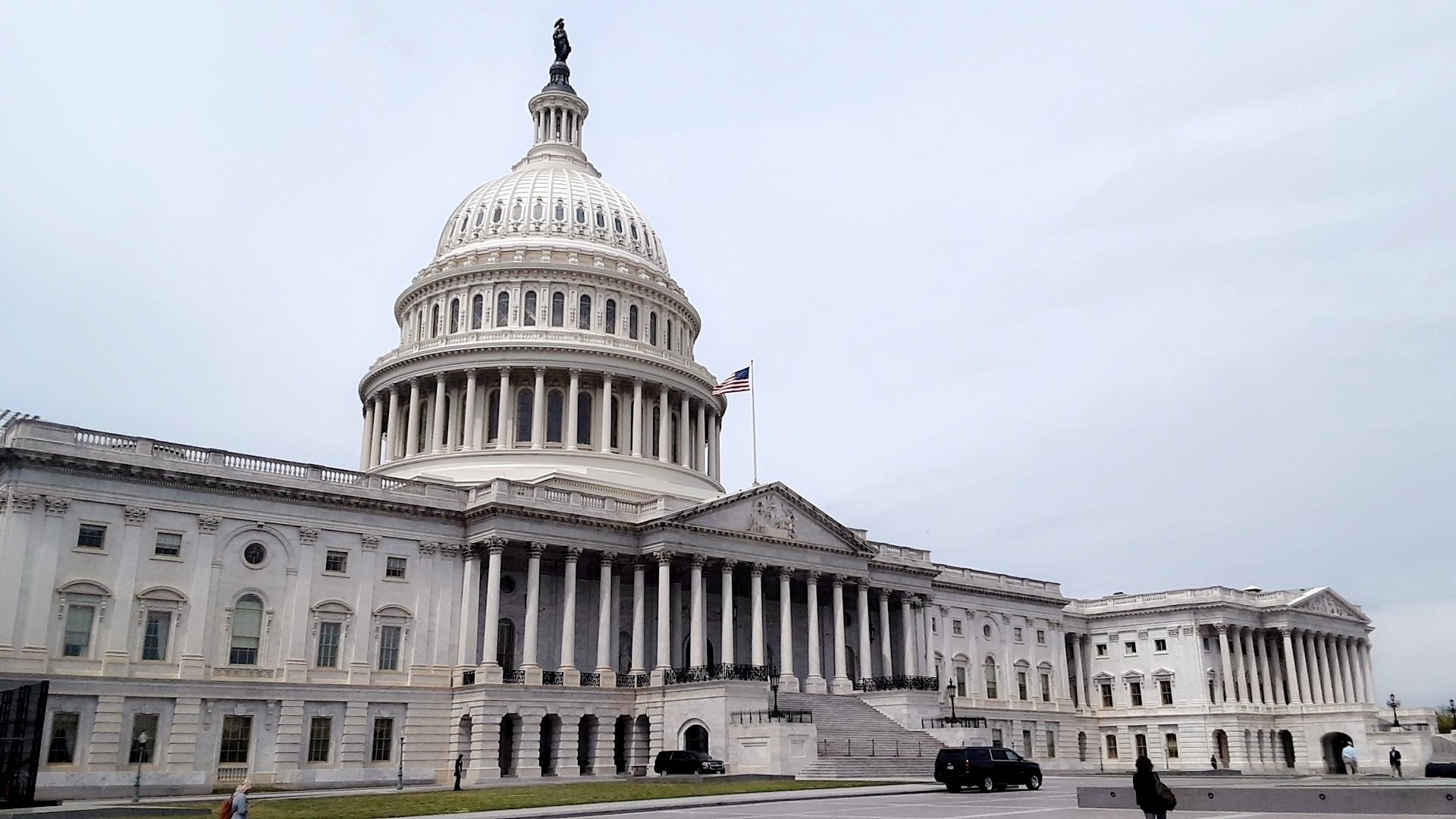A bill has been introduced to the United States’ congress which has among its aims the “strengthening” of the country’s “partnerships with Cyprus”.
The bill, dubbed the ‘Eastern Mediterranean Gateway Act’, was introduced by Brad Schneider, a Democrat from Illinois, and co-sponsored by four Greek-Americans, Republicans Gus Bilirakis of Florida and Nicole Malliotakis of New York, and Democrats Dina Titus of Nevada and Chris Pappas of New Hampshire.
While the bill’s full text is not yet publicly available, Schneider has said the act will “bolster the eastern Mediterranean’s role as a strategic link between India, the Middle East, and Europe”.
“The eastern Mediterranean is emerging as a central hub for energy and infrastructure connecting Europe, the Middle East, and India,” he said, adding that his bill “ensures US diplomacy keeps pace with that transformation, strengthening our partnerships with Greece, Cyprus, Israel, and Egypt”.
Bilirakis, meanwhile, stressed the importance of the planned ‘India-Middle East-Europe Economic Corridor’ (Imec), saying it is “pivotal for enhancing energy security, fostering economic integration, and strengthening defence cooperation across these regions”.
Cyprus is not a party to the memorandum of understanding regarding the creation of Imec. That memorandum was signed in 2023 at a G20 summit in New Delhi by India, the US, Saudi Arabia, the United Arab Emirates, the European Union, France, Germany and Italy.
Bilirakis said the corridor “aims to diversify energy routes, reducing reliance on traditional pathways and mitigating vulnerabilities in global energy supply chains”.
“By connecting the United States, India, the Middle East, and Europe through railways, ports, and digital infrastructure, the Imec will facilitate more efficient trade and investment, promoting economic growth and resilience,” he said.
He added that the initiative “serves as a strategic countermeasure to China’s Belt and Road initiative”, saying that it offers “an alternative model of transparent and sustainable development”.
Schneider said the bill “reinforces support for Imec and regional initiatives, including the 3+1 dialogue with Greece, Israel, and Cyprus, and the Eastern Mediterranean gas forum”.
He added that the bill, if passed, will “elevate the eastern Mediterranean in US foreign policy”, “support cross-border infrastructure projects and energy interconnectors”, and “evaluate multilateral models like Cyprus’ Cyclops centre for regional coordination”.
The Cyclops, short for “Cyprus centre for land, open seas, and port security”, which is based in Larnaca, provides specialised training in dealing with a range of emergency situations.
A previous bill, submitted last month, proposed the provision of specialised training in dealing with emergency situations at Cyclops, as well as $5 million (€4.6m) for new equipment at the centre and $2m (€1.8m) for “annual general support” every year until 2029.
The main aim of that bill was the permanent lifting the US arms embargo in place against Cyprus since 1987.
It seeks to effectively strike the embargo from the statute books, rewording the existing legislation to the point at which the embargo does not apply.
It would remove all references in the existing legislation to “limitations on the transfer of articles on the US munitions list to the Republic of Cyprus”, including the current annual waiver renewal decreed by the US president of the day.
This, in essence, would end the US embargo on arms transferred to the Republic of Cyprus.







Click here to change your cookie preferences